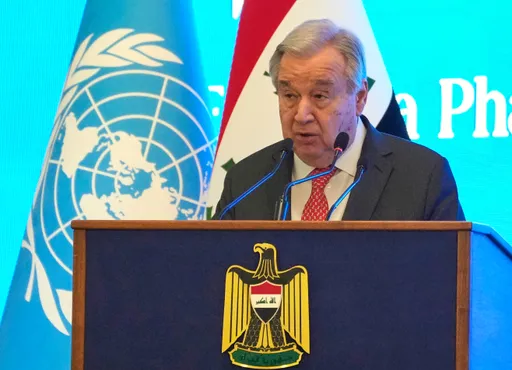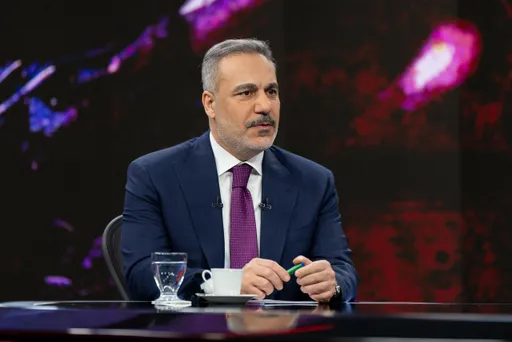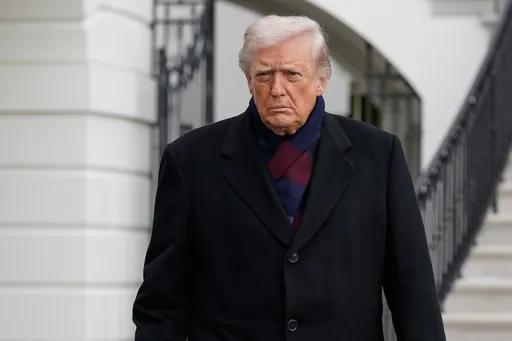As you read this, somewhere in Zambia, someone is coughing to death from tuberculosis, a disease which kills more than 40 people every day in this landlocked African nation.
Tuberculosis is a poor man’s disease — it doesn’t kill as many people in Europe. Poor sanitation, leaked pipes, overflowing sewers — are some of the causes for its spread.
The cash-strapped government of President Edgar Lungu, was already struggling to deal with this challenge when the coronavirus upended the economy and burdened the rickety healthcare infrastructure.
Now it finds itself in the midst of a battle with powerful international creditors who want Zambia to pay up the loans it took to address such profound problems.
Last month, Zambia said it was suspending interest payments on foreign bonds, also known as Eurobonds, as it diverted resources to deal with Covid-19, which has infected more than 14,000 people and killed 332.
Zambia’s debt crisis is nothing new, says Jeremy Mark, a former IMF official who worked in Africa on debt issues.
“The Eurobond default just underlines the seriousness of the situation, and it is essential that all lenders move quickly to ensure that the impact on the Zambian people is limited,” he told TRT World.
“This means that all creditors—bond holders, Chinese state banks, and others—be prepared to offer at the very least a moratorium on debt service until a full restructuring of debt can be achieved.”
A country of 17 million people, Zambia is the world's second largest copper producer. Its revenue relies heavily on the export economy. The country’s finances were under stress even before the pandemic led to the closure of the borders and hit the price of commodities.
Zambia's currency, kwancha, had depreciated last year, making debt repayments expensive — more of the local currency was needed to buy US dollars.
The Eurobond issue concerns the $3 billion the government borrowed between 2012 and 2015 from the international commercial market. Last month, it asked for a six-month deferral of $120 million in interest payments on those bonds.
The bondholders, which include hedge funds such as the UK-based Amia Capital, are preparing to block Zambia’s moratorium.
These private creditors argue that they are not getting fair treatment as Lusaka hasn’t disclosed if it was still repaying Chinese loans.
Over the years, Zambia has racked up more than $11 billion in foreign debt, out of which around $3 billion came from China.
From one relief to another
In the 2000s, Zambia was among the low-income countries which benefited from a global debt write-off known as the Heavily Indebted Poor Countries Initiative.
With the legacy of debt burden gone, it became easier for countries in Sub-Saharan Africa to borrow from the market. Private creditors, including wealthy hedge funds and banks, came rushing in as they offered loans with higher interest rates.
As a result, Zambia’s total debt has now accumulated to more than 78 percent of its GDP and it spends more than two-thirds of its annual tax revenue on servicing loans, leaving little for health and education.
In the last five years, public healthcare expenditure has averaged 9.1 per cent of the government’s budget.
When the effects of the coronavirus on low-income countries became obvious, the wealthy nations that were part of the G20, announced debt waivers for this year. However, the private sector refused to participate in the initiative.
It is of concern because over the years, many indebted countries have come to rely on private lenders instead of government-to-government loans.
Out of the total debt that African countries own, around 32 percent is owed to private investors - this comes to approximately $132 billion, according to one study done two years back. A decade ago, loans coming from private lenders were negligible.
Lobby groups which call for debt relief, such as Jubilee Debt Campaign UK, have long suggested that low-income countries stop paying creditors, including those in the private sector.
Argentina recently negotiated a plan to reschedule $65 billion of its debt.
But private creditors, backed by rating agencies, often use fear-mongering tactics to stop governments from withholding the interest payments.
After Ecuador reached a deal in April with bondholders to delay $800 million in payments to fight the coronavirus, the S&P Global Ratings downgraded its sovereign credit ratings.
Compared to official loans, which are generally taken on concessional interest rates, the return on private bonds is higher.
“Since bonds carry higher coupons than the concessional interest on official debt, the share of commercial creditors in overall debt service is almost two-thirds,” Moritz Kraemer, a former chief sovereign rating officer at S&P, wrote in the Financial Times.
“Nevertheless, the investor scare tactic seems to work. African governments appear extremely reluctant to bail in private creditors. African leaders should be bolder and more confident.”
























